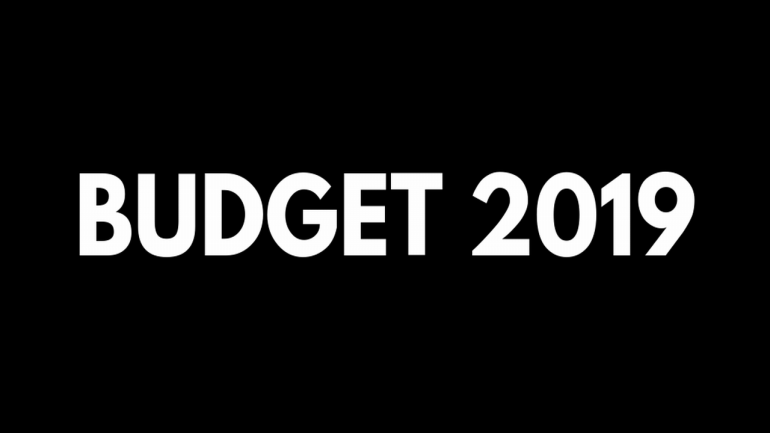The 2019 Budget has not shied away from focusing on the MSME sector. The Finance Minister’s speech has paid due emphasis to legitimate profit-earning businesses and acknowledged the role of the sector as India’s job-creators.
The MSME sector is a big driver of India’s manufacturing sector and plays a pivotal role in generating employment opportunities.
At the foremost, this Budget gives prime importance to providing liquidity for small and medium enterprises:
A sum of Rs 350 crore has been allocated for FY 2019-20 to enable a 2 percent interest subvention scheme for all GST registered MSMEs.
The additional capital infusion of Rs 70,000 crore into public sector banks is expected to facilitate the flow of credit to businesses.
Interestingly, the government has also proposed a payment portal to facilitate the effective and timely payments of its suppliers and contractors and improve their working capital cycle.
In addition to immediate liquidity concerns, the government has acknowledged the often ignored social security gaps for a certain section of entrepreneurs. Towards this, a pension scheme has been introduced to cater to retail traders and small shopkeepers whose annual turnover is less than Rs 1.5 crore, which would benefit more than 3 crore small shopkeepers and traders.
From a tax perspective, the direct tax measures introduced primarily cater to specific recognised start-ups. While these are not material for the sector at large, the budget addresses several teething compliance and litigation concerns:
The key impact areas within the tax arena are the promises that have been made on the compliance side of the tax practice. These measures range from a pre-filled income tax return to a simplified single monthly GST return.
Moreover, it shall now suffice for taxpayer having an annual turnover of less than Rs 5 crore to file quarterly GST returns. With this backdrop, the revamp proposed in the electronic invoice system will significantly help reduce compliance burden for businesses and do away with e-way bills.
It is also expected that the Legacy Dispute Resolution Scheme would help SMSEs to put an end to outstanding litigations pertaining to service tax and VAT.
The Budget also provided the much needed clarity that start-ups and their investors who file requisite declarations and provide information in their returns will not be subjected to any kind of scrutiny in respect of valuations of share premiums
Conditions for carry forward and the set-off of losses in the case of start-ups have been relaxed
On the whole, while this budget is not the Holy Grail for the MSME sector, it has taken two steps forward after having stepped back in the recent past.
The author is Partner, Deloitte India.
Published On : 11-07-2019
Source : Money Control

